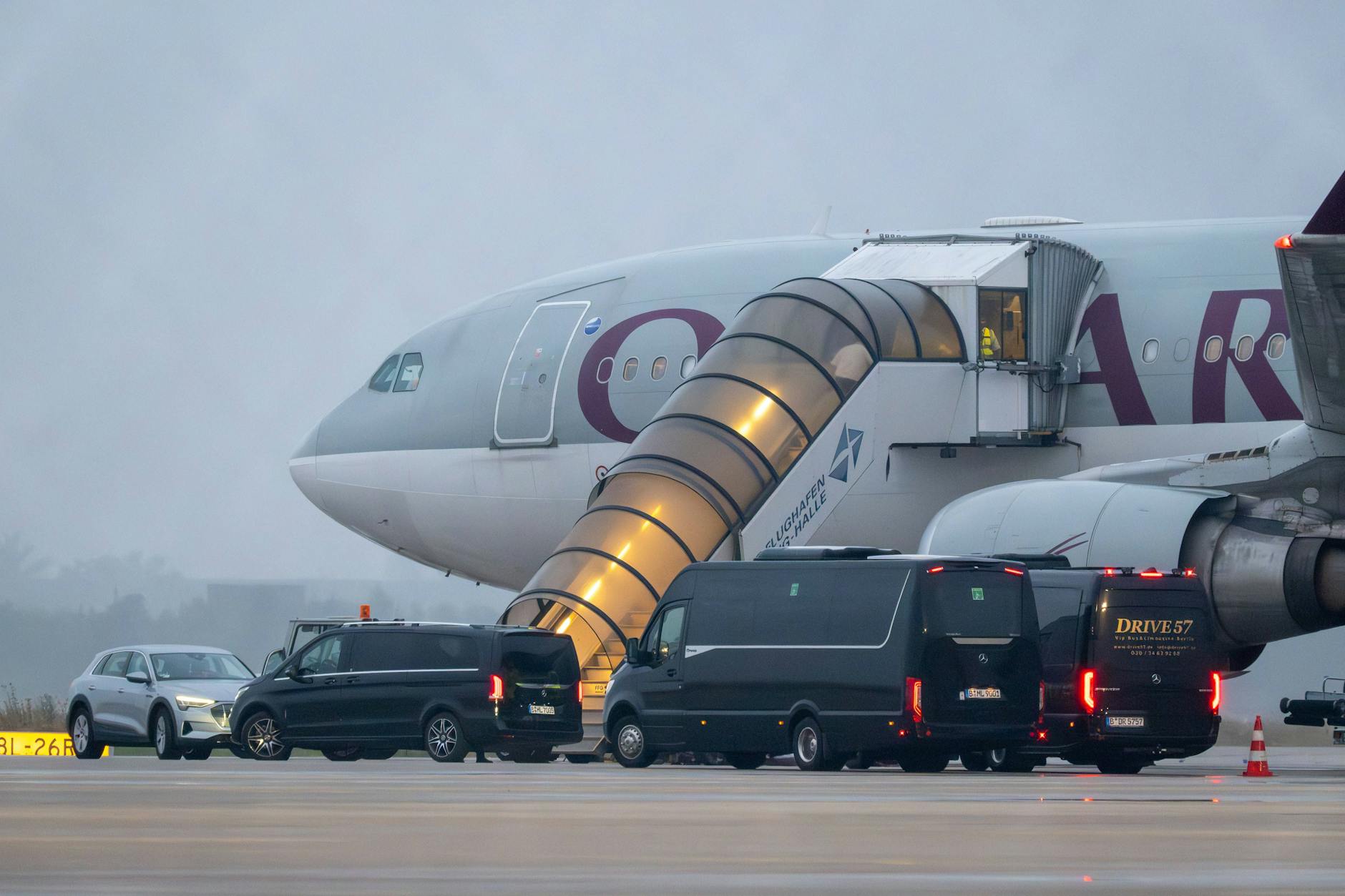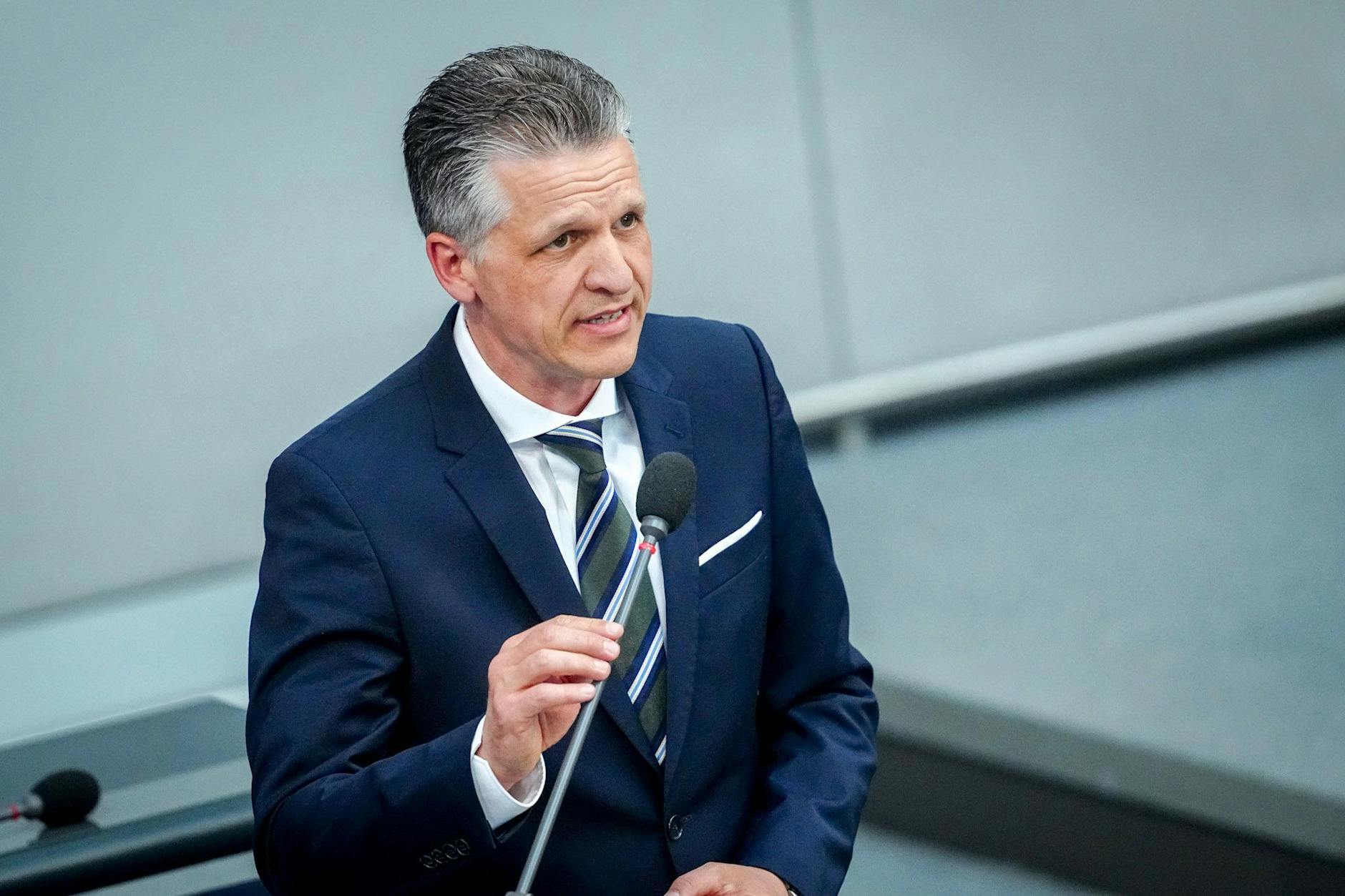Schönefeld gives green light for “deportation center” at BER

Brandenburg may soon have a reception and departure center at the capital's Berlin Brandenburg Airport (BER). The municipality of Schönefeld has now approved a development plan, paving the way for the center's construction.
In response to an inquiry from the Berliner Zeitung, the Interior Ministry in Potsdam stated that the building permit process would now follow "immediately." Construction could begin as soon as the building permit is granted.
More than 100 overnight accommodations for refugees are being created at BERAccording to current plans, a private investor will build the center, which the state of Brandenburg will then lease. Construction will take approximately two years. At least partial commissioning would therefore be realistic by early 2028. The investor is already conducting initial demolition work on the site.
The entry and exit center for refugees and other migrants is intended to consolidate federal and state responsibilities and accommodate people arriving or departing. According to the ministry, there will be 48 places in the exit detention center and 60 places in the transit area. Refugee organizations are calling it a "deportation center" and see it as a threat to human dignity.

The news from Brandenburg comes at a time of intensified German deportation efforts. A Qatar Airways flight to Afghanistan took off Friday morning from Leipzig/Halle Airport, about 200 kilometers away. According to a spokeswoman for Federal Interior Minister Alexander Dobrindt (CSU), 81 people were on board – criminals who are "compulsorily required to leave the country." According to observers, at least one of them was wearing an ankle bracelet.
The deportation flight to Kabul is only the second from Germany since the Taliban seized power in 2021. Almost eleven months have passed since the last deportation flight. Following violent incidents in Mannheim and Solingen, the traffic light government announced in the summer of 2024 that it would allow deportations to Afghanistan again.
On August 30, 2024, with the assistance of the Gulf emirate of Qatar, 28 Afghan criminals were also returned from Leipzig to their country of origin. Then-Chancellor Olaf Scholz (SPD) announced that there would be more such flights. This never happened.
New German government: More deportation flights to AfghanistanAfter the end of the traffic light coalition and the new elections, current Chancellor's Office Chief Thorsten Frei (CDU) announced regular deportation flights to Afghanistan and Syria. He said Germans could rely on this. This would be achieved "permanently and in much larger areas."

But implementing the plan is more difficult than expected: Germany does not maintain diplomatic relations with the Taliban. The Islamists are internationally isolated, primarily because of their disregard for human rights, especially women's rights. The regime is not recognized as a legitimate government, and Germany has only technical contact through a liaison office in Qatar, Foreign Minister Johann Wadephul (CDU) recently said. "That was it, and that is it."
Cabinet colleague Dobrindt wants to change that. At the beginning of the month, he said he envisions "making agreements directly with Afghanistan to facilitate repatriations. Third parties are still needed to conduct talks with Afghanistan. This cannot remain a permanent solution."
The United Nations refugee and human rights organizations oppose deportations. The conditions on the ground are not yet suitable for repatriation, said representatives of the UN refugee agency UNHCR in Kabul.
The departure of the first deportation flight since the CDU/CSU/SPD coalition took office took place immediately before the start of a meeting between Interior Minister Dobrindt and EU colleagues on the Zugspitze mountain, which is expected to discuss tightening asylum policy. Dobrindt has invited representatives from France, Poland, Austria, the Czech Republic, and Denmark.
Dobrindt's goal is clear: After German border controls caused irritation among neighbors, there should now be a kind of solidarity for a tougher asylum policy. So far, there has been agreement, especially on the demand for better protection of the EU's external borders.
Berliner-zeitung





